|
Scotland’s Women Stand saw a nine-month campaign culminating in an event with over 400 women at the Scottish Parliament, to support and empower women of Scotland to stand for political office. The project was run by the Parliament Project and YWCA Scotland (The Young Women’s Movement).
Nothing can describe the feeling of walking through the doors of the debating chamber at the Scottish Parliament with a 400-strong throng of women, all here to discover how to run for office as an MSP or councillor, how to find their voice, and how to be activists within their communities. The accompanying trills of three young bagpipers from Lochgelly High School served only to lift the already soaring spirits to levels of complete transcendental ascension as we took our places in the chamber.
Deputy Presiding Officer, Linda Fabiani, welcomed the delegates and Equalities Minister Christina McKelvie gave the opening keynote speech. Lee Chalmers, Founder of the Parliament Project shared her hope for the future at the sight of the women in the chamber, along with Dr Patrycja Kupiec, Director of the Young Women’s Movement. They spoke of how vital it is that women are able to see themselves as leaders. Lee reminded us that 900 women were engaging with the day’s conference, and that “If even half of them took the next step, it would transform the nature of our politics in Scotland.” She encouraged us to feel inspired and to be bold in taking the next step in getting elected.
Christina McKelvie stated that “Women will be considered at every step of policy-making. We need to legislate for 50:50 representation across the UK.” She went on to describe how despite being politically active since age 14, she never considered that she should make a move to become an elected candidate – until two MSPs in her party told her she should stand, recognising her potential. Those MSPs were Nicola Sturgeon and Fiona Hyslop.
“Women need to build other women up.” She advised the chamber. With only 35% of MSPs women, she cited the need for women to stand for office. “The UN says that gender balance is the biggest issue facing human rights across the globe today.” She concluded by quoting the words of Hilary Clinton, “It is your right to speak freely and be heard.” Addressing the chamber, she told us, “I hope you are heard. This is your place. Your voice will be heard.”
Director of the 50:50 national campaign for women’s equality, Talat Yaqoob, also expressed her joy at the sight of a 400-strong all-women Parliament. Addressing the decline in the number of elected women over recent years she advised that campaigning for equal representation must be ongoing if we are to secure it through legislation. “Childcare would now be an economic priority if we had seen this legislation years ago.” In discussing the fruits that equal representation would bear; she reminded us that “Diversity makes better decisions” and that “disabled, LGBTQ+, and women of colour, are at the sharpest end political democracy – they need to be in this room.” She went on to remind us that “80% of austerity measures come out of women’s pockets.”
The panel discussion which followed, with MSP Alison Johnstone, Caitie Dundas MSYP, Community Councillor Kay Marie Hughes, and Local Councillor Alison Evison, revealed their experiences of activism, campaigning and election. The panel agreed that the ‘vibe’ in the chamber was completely different to how it usually feels, “because it’s full of women”.
You can watch the full panel discussion below.
MSP Alison Johnstone summed it up when she said, “Support makes all the difference. Women need to support other women. You don’t need to know everything about everything, you only need to know about what you’re doing on that day and prep is key” – addressing the concerns that many women feel when it comes to standing for election.
The panel told the chamber that many men are elected who are not there on merit, and that “we can do a better job.”
Barriers to standing for election were discussed including disabilities, child-care and salary. The consensus was that political culture had to be addressed in order to make politics accessible to all. A councillor’s salary is a mere £16, 640 and “Not enough to live on” according to the panel, who said that many positions were filled by retired men.
Alison Johnstone said, “We need to build flexibility and recognise that people, not just women, are balancing a variety of roles – whether it’s as a carer or a parent.” Disabled access was discussed, and it was revealed there is a shortage of BSL signers to support deaf people in standing for election. Much has been done to make politics accessible but there is a long way to go. When I asked expressly about the possibilities of standing as a chronically ill woman, Jen Layden, MSP, said that it was possible and that “chapping away at doors every night” wasn’t absolutely necessary – and that building communication with your local party branch is the most important step if you live with a disability. Inclusion Scotland advised that they run an ‘Access to Elected Office Fund’ as well as their ‘Access to Politics for Disabled People in Scotland’ project, where they offer funds, advice and support to disabled people wishing to get into politics.
The afternoon workshops continued to build on the theme of support. I attended ‘Speaking the Truth about Power and Privilege’ by leadership consultancy, Cecara. Tracey Gray explained to us the varieties of ‘rank we experience in our lives: from social, contextual, psychological to spiritual. She invited us to consider where we draw our personal power from. Was it our self-awareness? Our community? Our sense of a greater calling? Personal Power is our “inner stability, authority and confidence despite external goings-on.”
Akiko Mumford told us how she moved up the ranks slowly and diligently in her working life. That process taught her many things: “Negotiation, facilitation, mediation, empathy, leading from behind and adaptability.” She told the room that “Power corrupts” and that you have to be “very careful, and make room for those who come after you.” She asked us to recall a time we felt low-ranking. We sat with our discomfort for a couple of minutes, before she asked us to think about a time we felt high-ranking and successful. We had to transform our previous memory using the tools and actions we used in this latter situation, changing the outcome of the first one. It resulted in a powerful shift in perspective, which reminded us that our power lies within. Akiko left us with the beautiful words: “If you have a voice you have influence to spread. If you have pain you have empathy to offer. If you are alive you are a leader in your world.”
The second workshop I attended was ‘Finding Your Voice: Speak Up and Speak Out’ by Active Enquiry, who were assisting the Shakti Women’s Aid Theatre Company, who gave a wonderful performance over lunch. We stood in a large circle, and we each said our names along with one word to describe ourselves and an action to go with it. Everyone in the circle repeated it. It was a brilliant way to connect and empower everyone from the off. I was going for “Julie – determined” when just five people in front of me, another determined Julie stepped forward – so I had to think on my toes and step out of my comfort zone. Which I did, literally, by taking a step forward into the circle, hands on my hips, saying, “Julie – Powerful.” It was great watching a whole circle of women stepping in towards each other and owning the word “power.”
The rest of the workshop creatively explored how women see themselves, their status, and how the world sees men by contrast. We had to think pretty quickly to organise ourselves into a still ‘image’ representing a personal experience of ‘speaking out’ from one of the group members. The atmosphere was one of support and inclusivity.
Throughout the day I met many women who were fighting for a cause and looking to get into politics to make our world a better place. The feeling was one of hope, mutual respect and empowerment, as the attending MSPs and councillors offered up their advice and support throughout the day to anyone who had a question.
The landscape of political equality is still considerably skewed – but it is clear that events like this one are shifting that balance in the right direction. If you are motivated and you want to know how to get involved in politics, then visit Peer Circles.
NOTE ABOUT ACCESSIBILITY: See below for a breakdown of the excellent access provided by this event. Special thanks to Hannah Stevens for answering all my questions regarding accessibility prior to the event.
- BSL interpreters were available and covered the opening keynote and panel, visibly presented on a screen. The venue had a lift and disabled toilet, and plenty of comfortable seats were available in the reception space for those who did not wish or were not able to stand. - Personal Aids were also available throughout the day and were highly visible, with bright yellow jackets on. - Signage was not an issue as we were directed at every stage of the conference from entering the building, to the reception room, to the chamber, and to the workshops. Upon registering we were given two wristbands which corresponded to our afternoon workshops. We simply had to move to an area of the reception room when our wristband colour was called, and we followed a member of staff who took us to the right location. As someone who struggles with cognitive processing, particularly when my anxiety is high at a social event, this was brilliant. - There was no programme to carry around to have to refer to, rather a simple ticket which served as our name badge and as a timetable were wore on a lanyard round our necks. This made it much easier to know what was next. The clear directions at all times made the day much less stressful. - On a personal note it was helpful to have servers at the refreshment tables as due to my anxiety and cog-fog sometimes I can stall when doing something as simple as serving myself coffee. All of the steps taken at this conference to make it as comfortable as possible for the attendees really made a huge difference to my comfort levels throughout the day – I did not need to break away to the quiet room at any point, unusually, and I had much more energy than I would normally after such a long event, because these measures kept my anxiety in check. - The only point I have to make was that water wasn’t readily available throughout the day, and I have to drink an excessive amount due to my Postural Orthostatic Tachycardia, or I can get pretty woozy. The staff member I asked did get me water but she had to go a long way for just a glass. I heard a few people asking for water, so that’s my suggestion for improvement for the next event – it helps us to keep functioning when we stay hydrated! Without a doubt, the most accessible conference I have attended.
0 Comments
Leave a Reply. |
My latest writings, and thoughts on disability, mental health and young-adult lit. Archives
September 2022
|
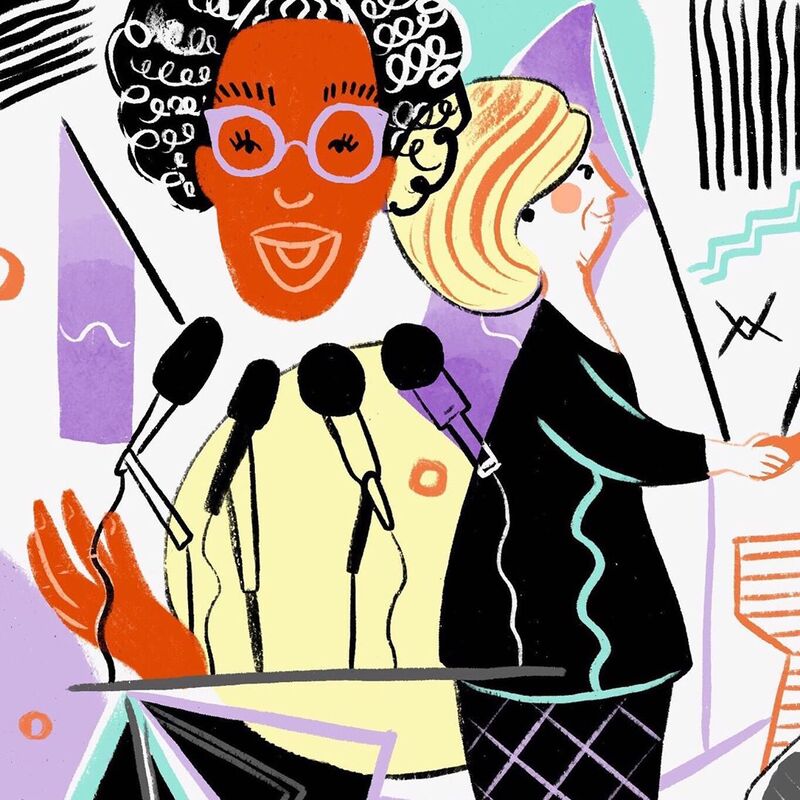

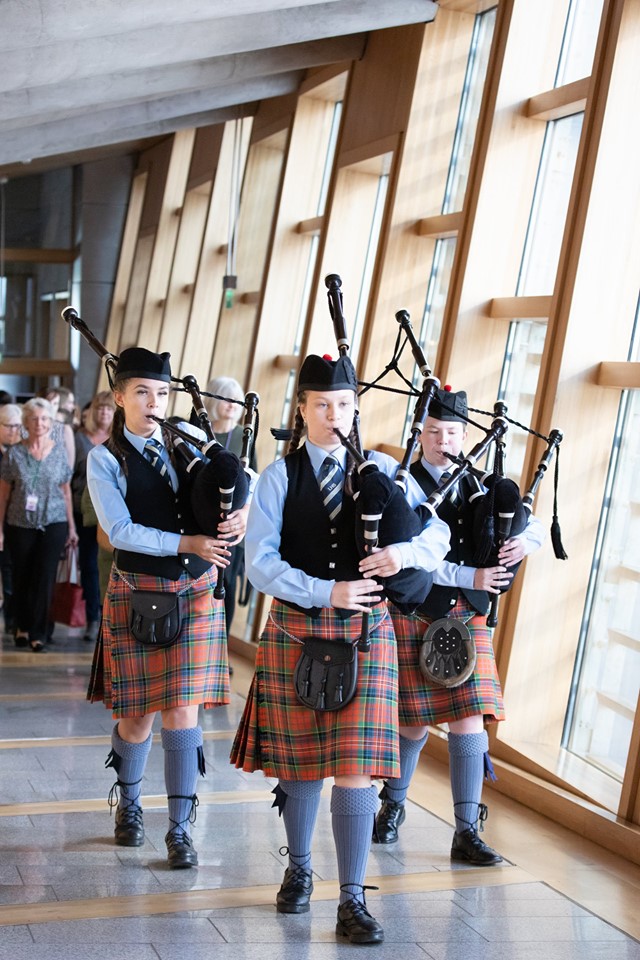
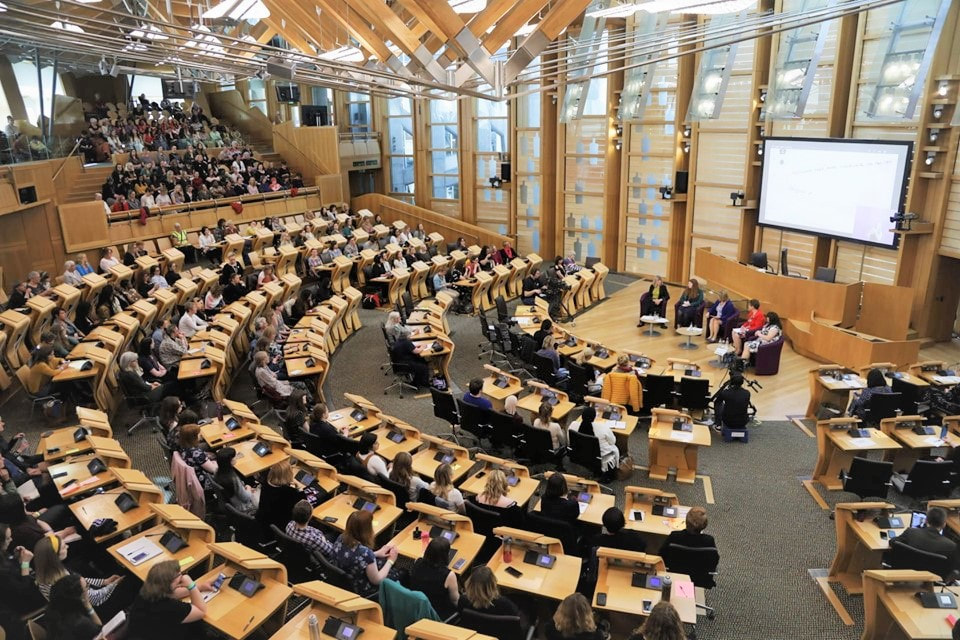
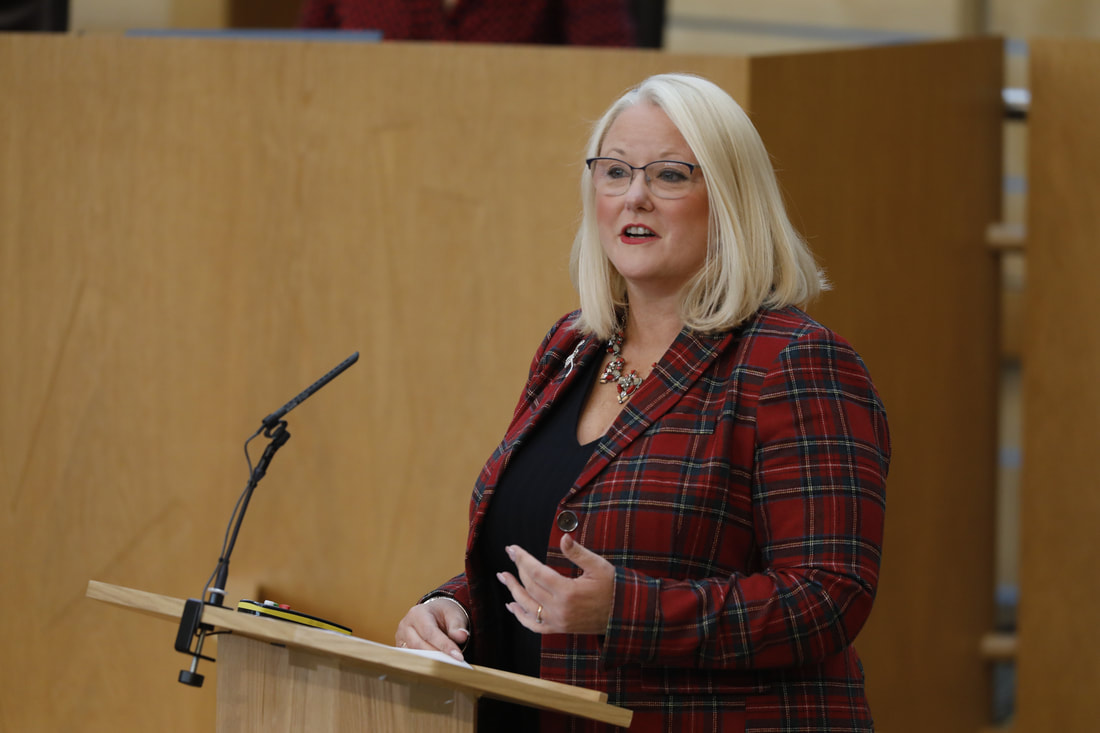
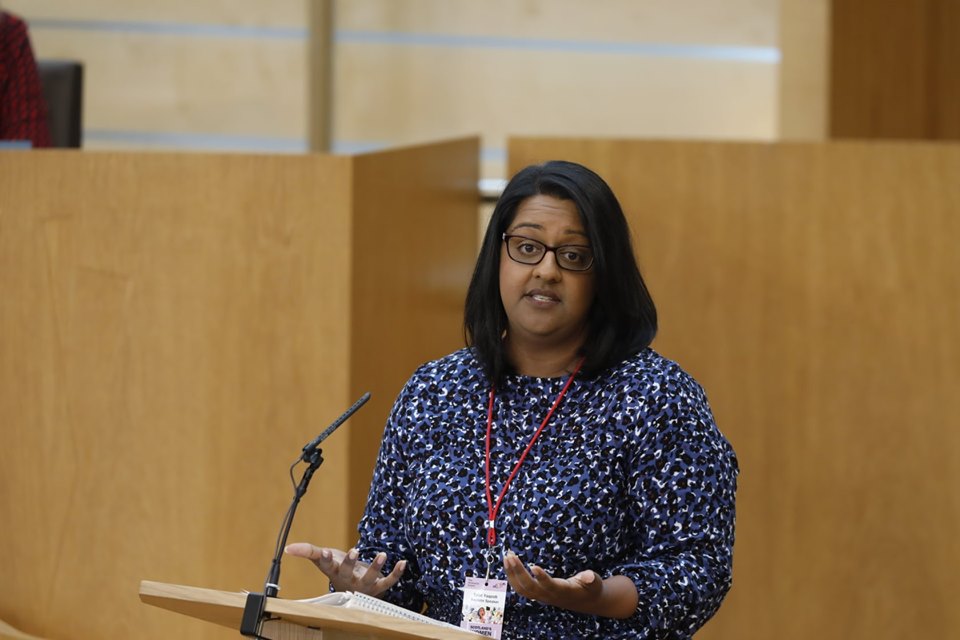
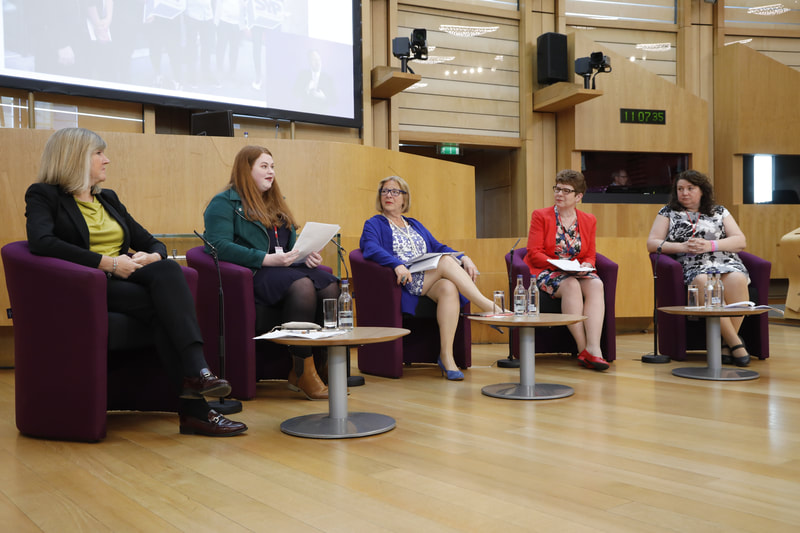
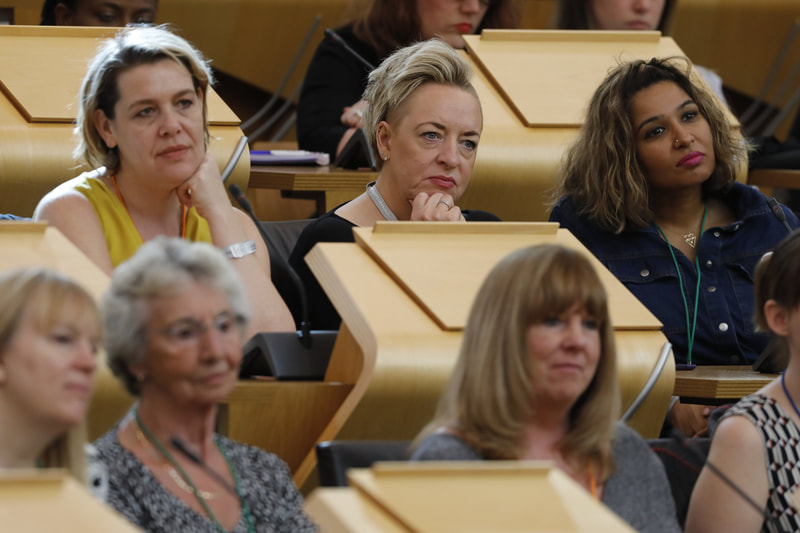
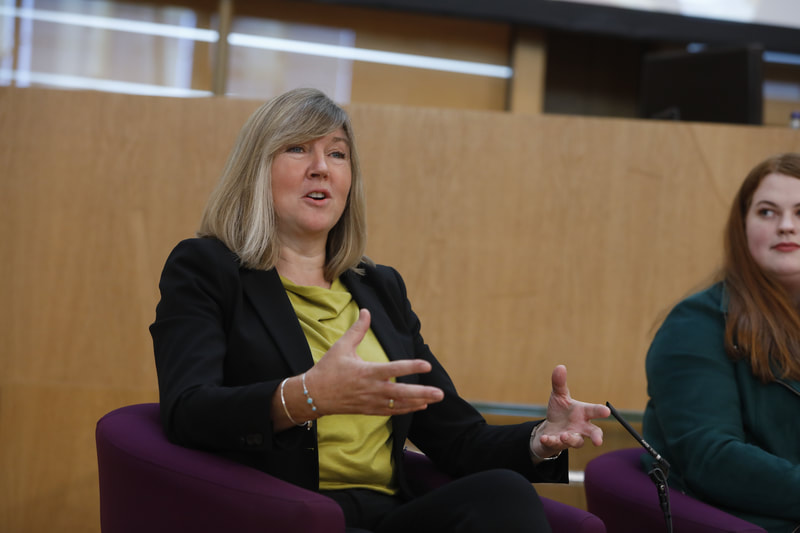

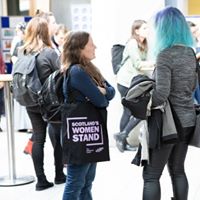

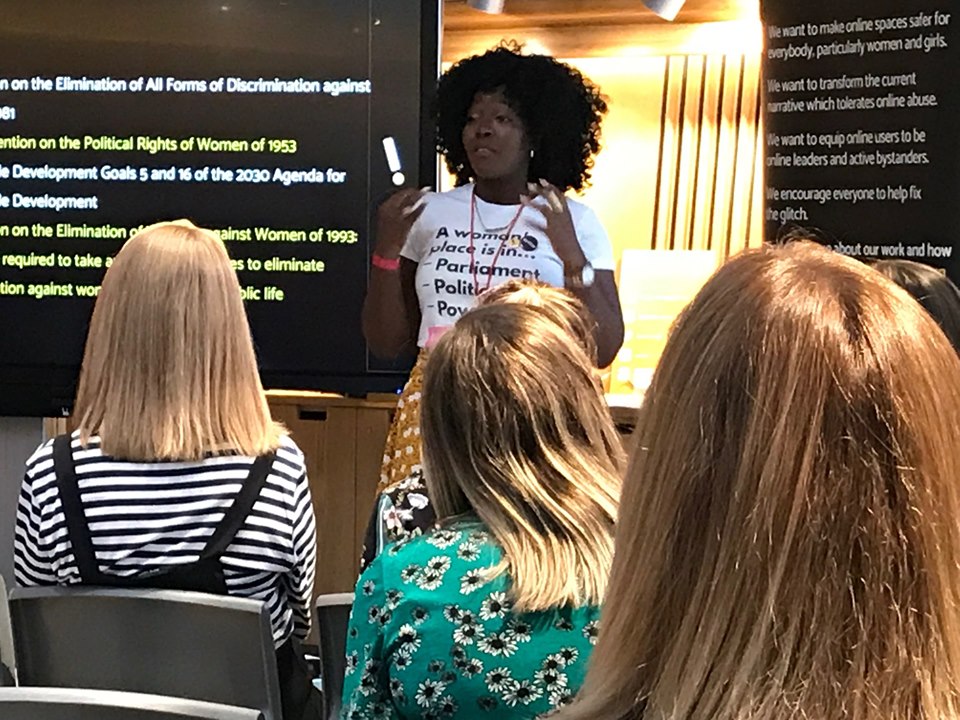
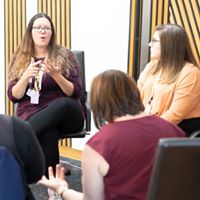
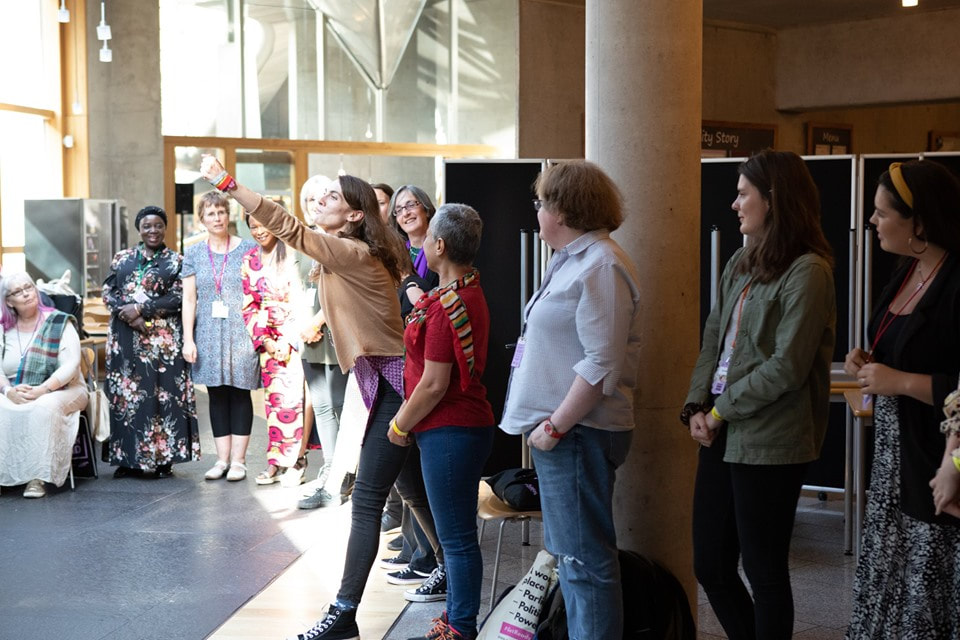
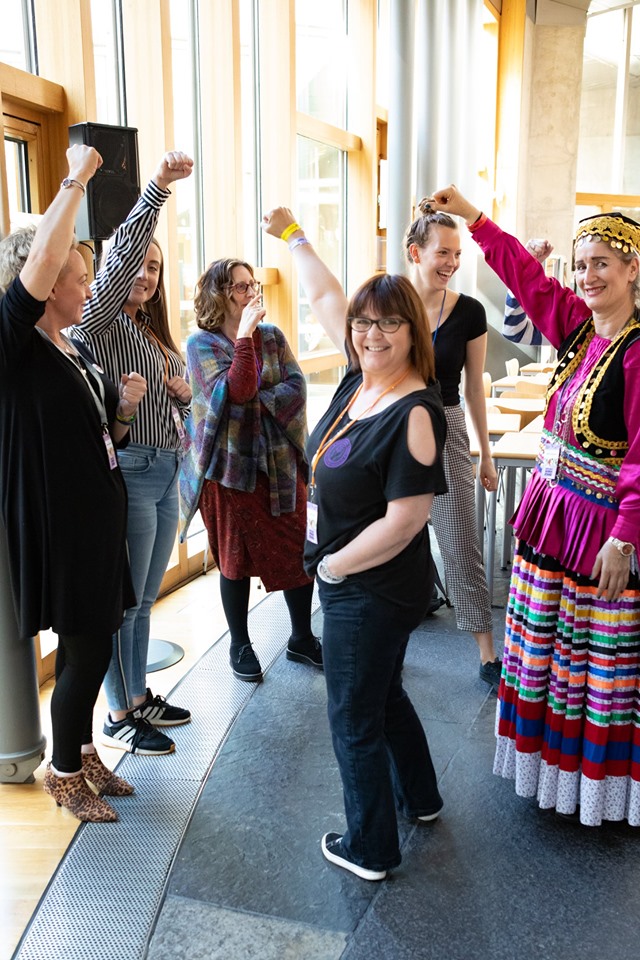
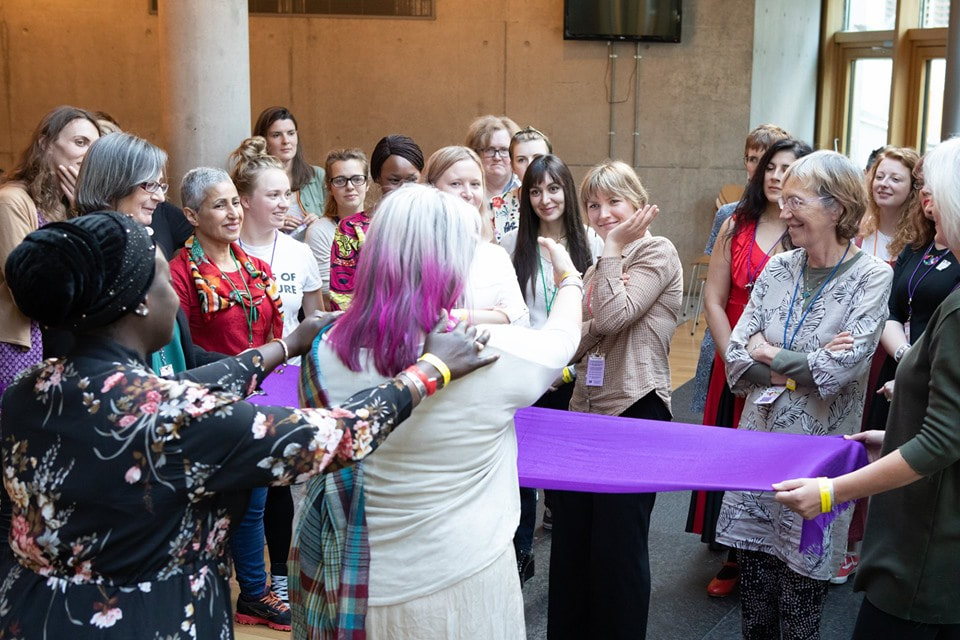
 RSS Feed
RSS Feed